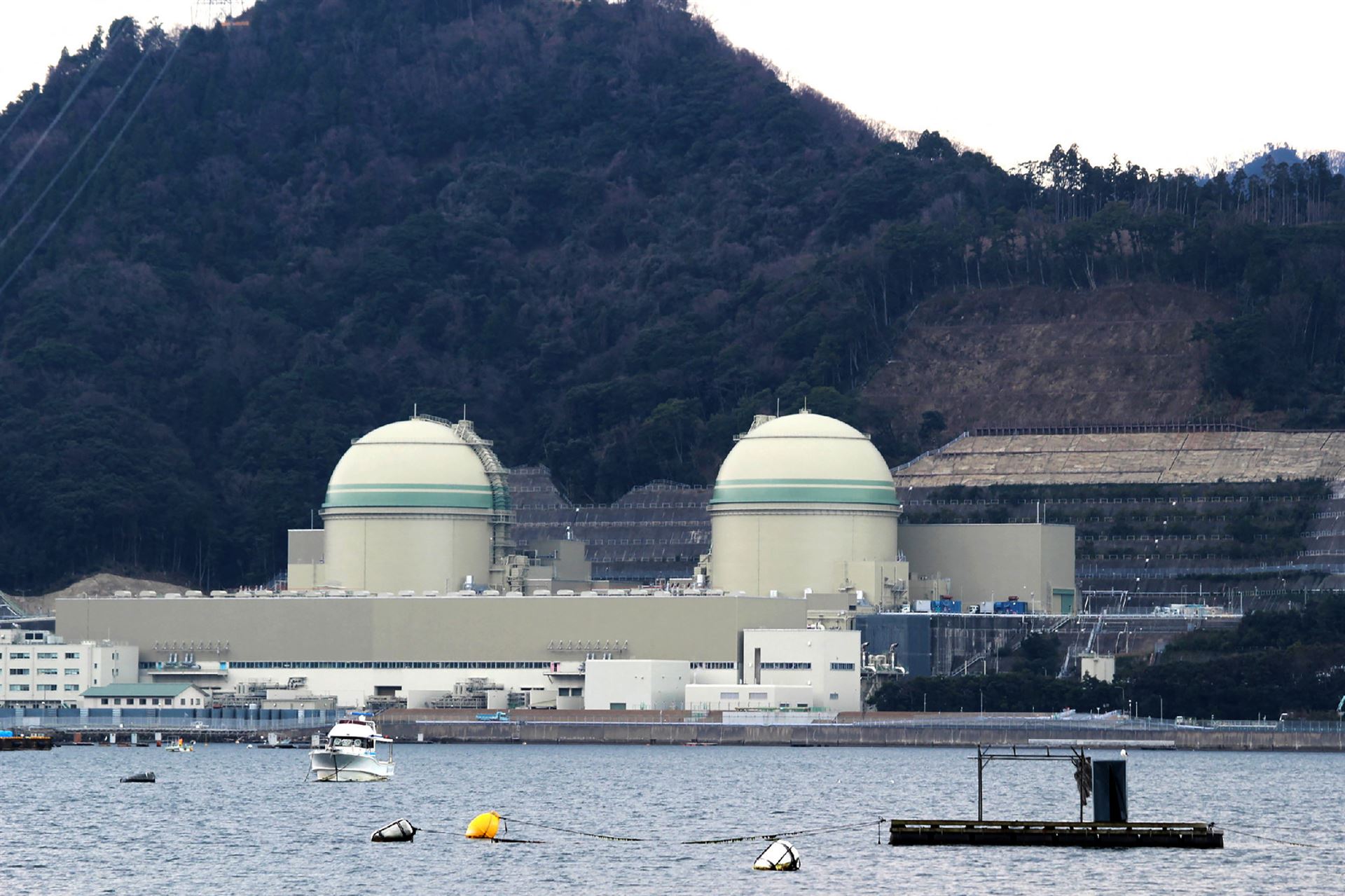
TOKYO - Japan's nuclear regulator on Wednesday approved the aging No. 3 and 4 reactors at the Takahama nuclear plant in central Japan to continue operating for 20 more years, local media reported.
ALSO READ: Japan starts 6th ocean discharge of Fukushima nuclear wastewater
The Nuclear Regulation Authority's decision makes the two reactors at the facility in Fukui Prefecture the seventh and eighth reactors nationwide eligible for extensions after 40 years of operations, Kyodo News reported.
Following the 2011 Fukushima nuclear disaster, the operational lifespan of Japan's nuclear reactors was limited to 40 years, under much stricter safety protocols, with extensions to 60 years possible pending approval
The two reactors are currently online and will reach their 40th anniversaries in January and June of 2025, respectively. Operator Kansai Electric Power Company applied for the extension in April 2023, the report said.
READ MORE: TEPCO discharges more Fukushima nuke water despite criticisms
NRA Chairman Shinsuke Yamanaka said at a meeting that nuclear reactor pressure vessels tend to become brittle due to radiation, but an official at the organization's secretariat said the reactors had been evaluated carefully and that there was "no problem."
Following the 2011 Fukushima nuclear disaster, the operational lifespan of Japan's nuclear reactors was limited to 40 years, under much stricter safety protocols, with extensions to 60 years possible pending approval.
READ MORE: Japan's ruling LDP loses 3 lower house seats in by-elections
But in May 2023, the Japanese government enacted a bill to introduce a new system that will allow some of the aged reactors in the Asian country to operate beyond the maximum of 60 years, despite safety concerns and criticism from within Japan's nuclear watchdog and members of the public.


